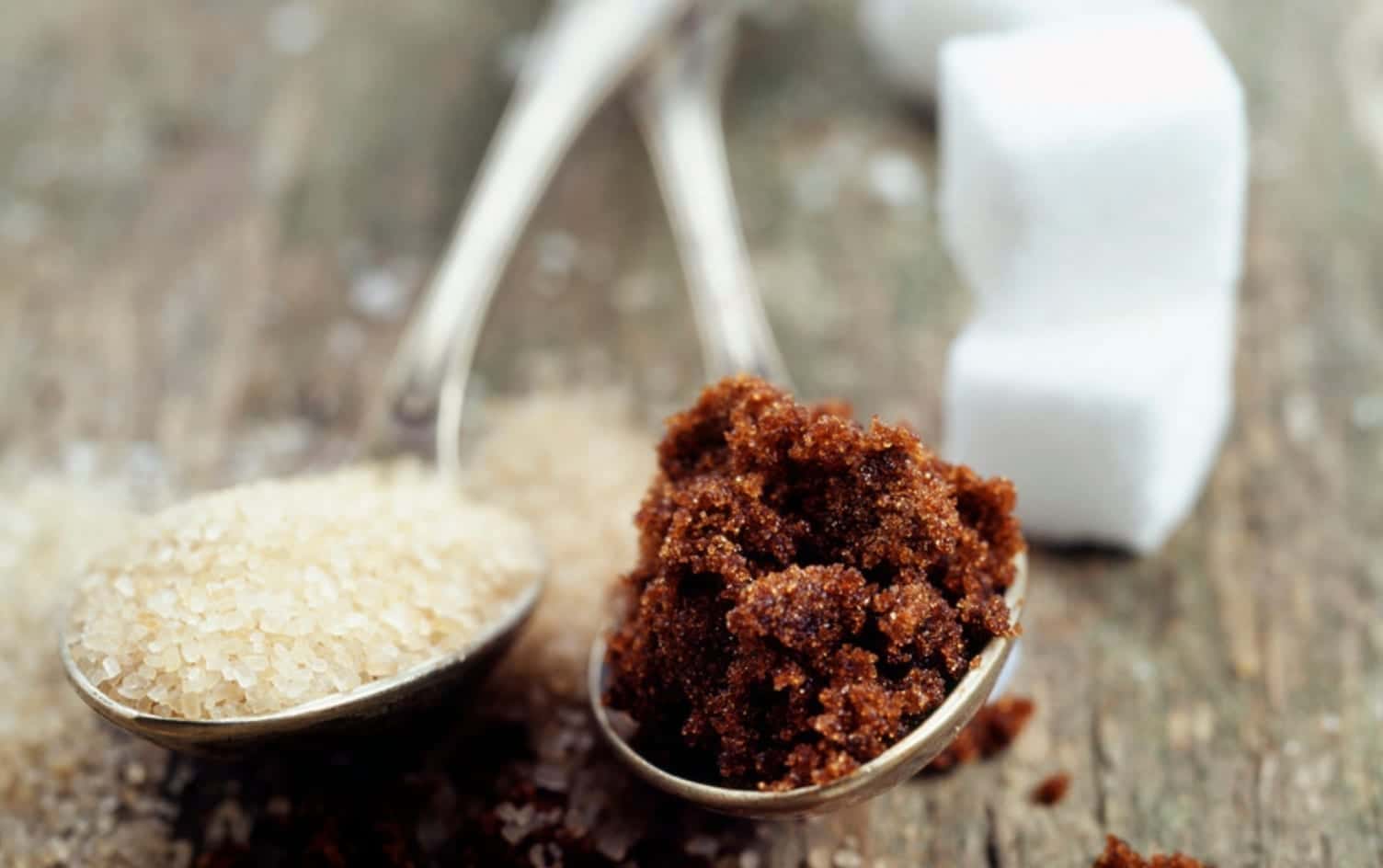When it comes to weight management, refined sugar in all its forms — high-fructose corn syrup, dextrose, rice syrup, sucrose and many others — is certainly one of the top items to get knocked off an eating list.
Harvard University’s School of Public Health suggests that to achieve a healthy weight, you should limit “lower-quality foods” including sugar-sweetened beverages, refined sugar and highly processed snacks.
But your waistline isn’t the only thing affected by excess sugar consumption. Overindulgence on the sweet stuff can affect you in some other surprising ways:
SLEEP INTERRUPTIONS
According to the National Sleep Foundation, an after-dinner dessert is a great way to get a terrible night of sleep. In fact, the organization notes, the more sugar you eat during the day, the more likely it is you’ll wake up during the night.
That’s because sugar lowers the activity of orexin cells, a neuropeptide that regulates how wakeful you are. More bad news: These cells also help control appetite, so if they’re feeling off-kilter, you’re more likely to eat more.
MORE COLDS AND FLU
When it comes to an effective immune system response — the kind you need to be on high alert during cold and flu season — sugar could be defeating your white-blood-cell army.
When you eat a big dose of sugar at once, like a soda or a candy bar, you temporarily suppress your immune system’s ability to respond to invaders, according to certified nutrition specialist Monica Reinagel of Nutrition Diva. If that happens occasionally, it may be no big deal, but since the effect lasts for a few hours, you may be sabotaging your immune system on a consistent basis if you eat sugary food regularly.
INCREASED RISK OF HEART DISEASE
Sugar may be tough on your weight goals, but it’s even tougher on your heart. A major study published in JAMA Internal Medicine suggested a sugar-packed diet may raise your risk of dying of heart disease, even if you aren’t overweight.
In the study, done over 15 years, participants who took in 25% or more of their daily calories from added sugar were more than twice as likely to die of heart disease than those who consumed less than 10% of added sugar.
POTENTIAL DEPRESSION
Although much is made of the mind-body connection when it comes to health and wellness, less attention has been put on the mood-food link. But it’s a strong one, and sugar can be especially notorious for causing emotional fluctuations, including anxiety, frustration and even depression, according to Dr. Elson Haas, author of “Staying Healthy With Nutrition.”
He notes that refined sugar has been shown to deplete important nutrients, such as protein, vitamin B, zinc, chromium and manganese.
“These deficiencies can lead to lower levels of emotional and mental functioning,” Haas says. “When you don’t have these depleted from your system, you can really feel a difference in your mood and your emotional state.”
LESS-THAN-STELLAR SKIN
Refined sugar, as well as other high-glycemic foods, raises insulin levels in the body and that increases inflammation. When that happens, the inflammation produces enzymes that break down collagen and elastin, the structural “building blocks” of your skin, notes dermatologist Nissan Pilest, MD, of California-based Total Dermatology.
“Digested sugar permanently attaches to the collagen in your skin through a process known as glycation,” he says. “That results in sagging skin and wrinkles. Glycation can also exacerbate skin conditions like acne and rosacea.”
Plus, the more sugar you eat, the more likely it is you’ll develop insulin resistance, he adds. That can lead to excess hair growth on the skin, as well as dark patches on the neck and other areas.
A SWEETER STRATEGY
With side-effects like these, you might be tempted to swear off cupcakes forever. But you don’t need to cut out refined sugar products completely to see benefits and lower your health risks, says New York-based registered dietitian Vanessa Rissetto.
Instead, focus on mindful eating and awareness — in other words, she advises, make a sugary treat into exactly that, so it’s a sometime occasion and not a regular habit. Start by eating your next sugary snack very slowly, and notice how it smells as well as tastes. You don’t need to become a mealtime snail, but doing this a few times can help you “reset” when it comes to sugar, Rissetto says.
“This exercise helps teach you that you crave much less sugar than you probably think,” she says. “Being more mindful when you eat, especially when it comes to sugar, can keep you off autopilot and change your eating habits.”




